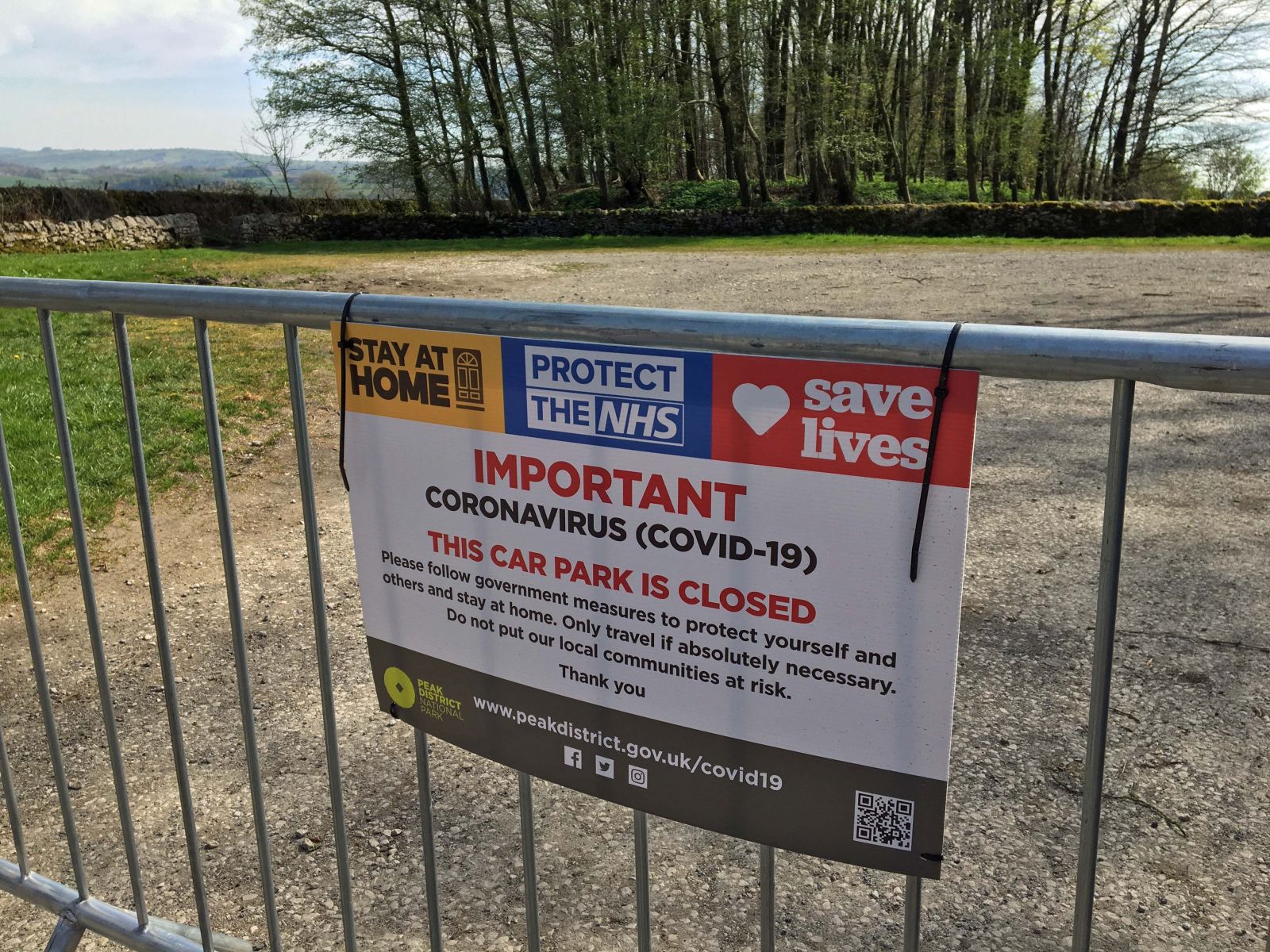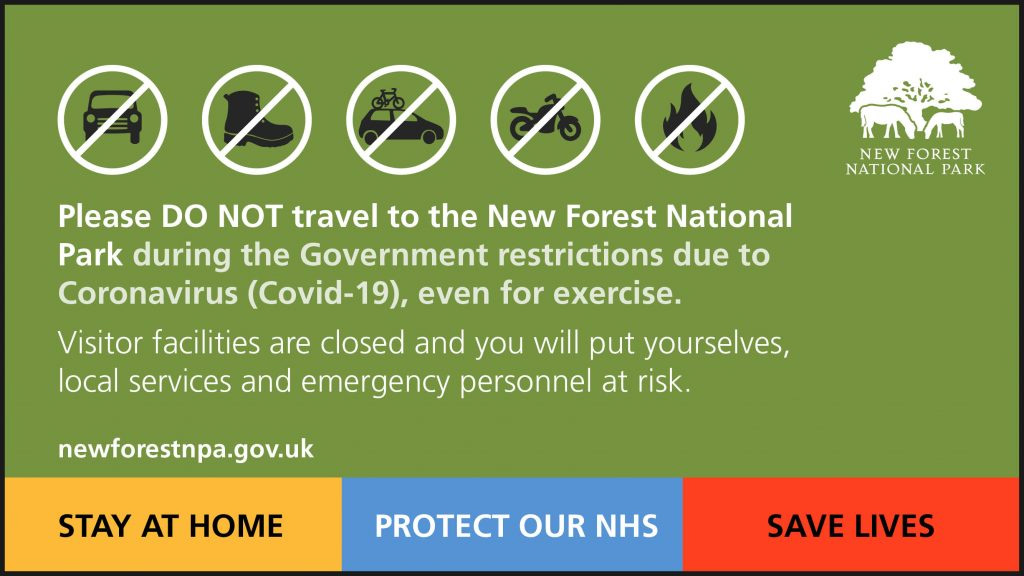Covid-19 and national parks: lessons learned so far
We may still be in the midst of the Covid-19 pandemic, but what has it taught us about our national parks to date? Andrew McCloy, chair of the Peak District National Park Authority, offers some personal thoughts.

1. You cannot expect people to suddenly switch off their deep emotional attachment to landscape: From the romantic poets to the Kinder Scout mass trespassers, personal relationships with landscape and places of great natural beauty – and crucially our right to access them – have been at the heart of how we interact with British national parks. Despite police road checks and drone surveillance, we cannot expect that bond between people and place to be simply switched on and off overnight without resistance or consequence.
2. People have an insatiable hunger for the outdoors – and for a reason: Experiencing our finest landscapes outside in the fresh air is self-evidently good for us, both on a physical and mental or spiritual level, and we inherently know that. Physical exercise makes our bodies feel good; being in a peaceful green environment and having direct contact with nature makes us calmer and more enriched; and we’re aware that our increasingly urban society needs it more than ever.
3. National parks make a vital contribution to the rural economy and businesses are suffering: Pubs, cafes, B&Bs, visitor attractions and activity providers have closed down at the very moment when their new season should be kicking off; and the longer the shutdown goes on it’s likely that some will not re-open at all. The billions of pounds that national parks generate for the rural economy is a lifeblood and we should be vocal in our support for these businesses.
4. People who live and work in national parks are as frightened as everyone else: As daily life has been turned upside down, national park residents are worried, upset and not unnaturally defensive. Unwelcoming local notices or behaviour towards visitors is regrettable and abuse unjustified, but many national park communities are very small, often elderly, and they are scared. However, we need to guard against more insidious and deep-seated anti-visitor sentiment taking hold and when the time is right for visitors to return we must consider our messaging and visitor management carefully.
5. The public rights of way network needs safeguarding, even in lockdown: There have been reports from English national parks of public paths unofficially blocked or closed by landowners worried about the spread of covid-19, a situation confused by some formal closures in Welsh national parks. However, these may be routes used by local people for exercise and in some cases by key workers on their way to work. Even in these challenging times, the network must stay open and usable.
6. Audiences need to respect the very assets that they come to enjoy: The sight of vast crowds flocking to Snowdonia, the Lakes, Peak District and others, despite warnings over social distancing, suggest that visitors (of all types) need to show more respect and understanding towards the very places that attract them in the first place – including resident communities. Even after lockdown, reports of owners still turning up to second homes and holiday homes in national parks reinforce negative perceptions.
7. National park authorities are resourceful organisations run by highly committed teams: Although day to day visitor operations might have temporarily ceased and offices closed down, work still goes on remotely and this business continuity has been impressive. As we now look to the challenge of the recovery phase, authorities will need to consider not just the short term operational response but longer term how our organisations are managed and what lessons can be learned for future resilience, decision-making, etc.

8. If national parks are to deliver for the nation they need adequate funding: Running a national park takes money and resources and this requires an appropriate level of central support. Where, for instance, they have been encouraged to diversify their income into trading and commercial activity and circumstances prevent that from taking place, they will need help to recover. Although others will be clamouring for similar assistance, national parks are valuable public assets that will play a national role in recovery and government support should reflect this.
9. The post-covid-19 landscape needs shaping now: We know that it will be different for national parks, as it will for everyone else, on the other side, and now is the time to put a marker down. English national parks already have the Landscapes Review as a prompt, but if we want national parks to reach a new level then now is the moment to challenge established ways of doing things. Intensive farming, moorland burning, road-building, military training – these surely cannot continue, either in the same way or in some cases arguably at all – in twenty first century national parks.
10. National parks and their supporters need to come together with one loud voice: National parks have an opportunity to harness the public engagement that was so evident a few weeks ago and use it to drive forwards key agendas like climate change, nature recovery, habitat restoration, new environmental land management approaches and sustainable tourism. But UK national parks need their allies and supporters to rally around them, promote their agendas and amplify their messages, and make the compelling case to the public and governments across the UK.
Covid-19 has changed everything, so let national parks seize the moment and deliver lasting change for the national good.
